The brutal truth of price wars: Who are the winners and who will be eliminated?
![]() 10/08 2024
10/08 2024
![]() 612
612
In the century-old automobile industry, only multinational automakers such as Toyota, Volkswagen, and General Motors have shone brightly in the global market, while Tesla represents an unrepeatable miracle brought about by new energy vehicles.
After experiencing the survival of the fittest among fuel vehicles, the Chinese automobile market has welcomed a large number of new energy vehicle brands. New technologies and marketing strategies have garnered unprecedented attention for them.
If previous crises in the automotive industry stemmed from economic downturns or internal issues within automakers, many automakers today face the threat of overcapacity caused by imbalanced industrial development.
Price wars are inevitable, and more and more automakers are falling, but those who deserve pity also have Hateful aspects (a phrase that doesn't translate directly, but implies there are aspects of their behavior that are blameworthy).
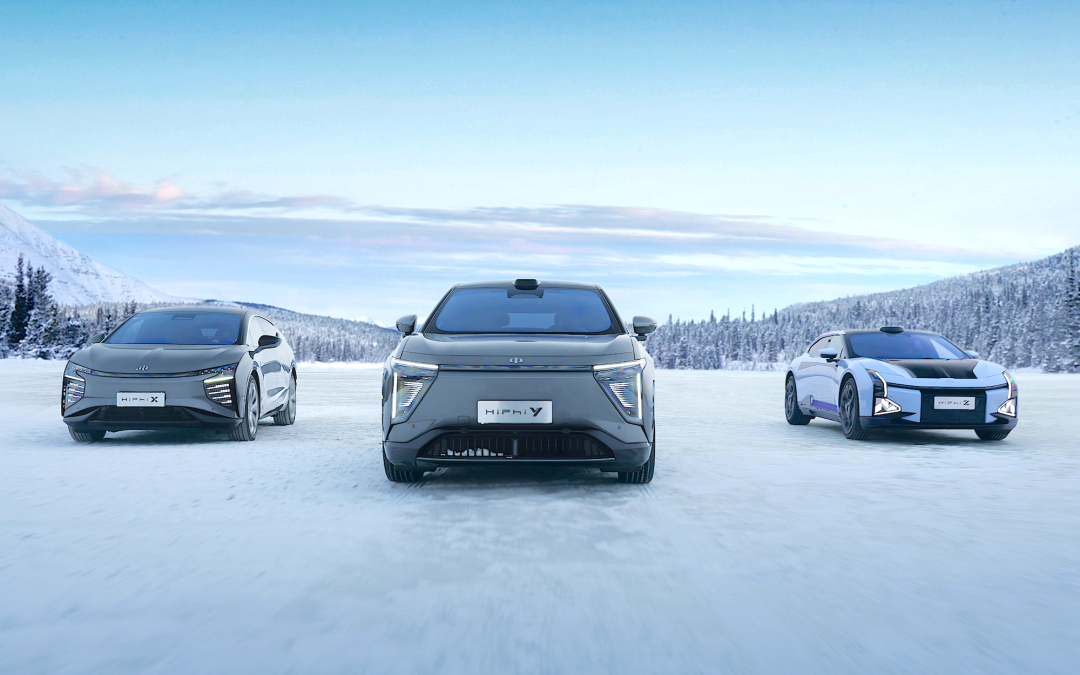
With sluggish auto sales growth, the need for employment, GDP growth, and development prevents excess capacity from being halted. Price wars have become the most direct competitive weapon for automakers.
Although brutal price wars may result in a pyrrhic victory, they can test an automaker's ability to face the future.
A pig can fly when the wind is right, but those who rely solely on the wind will fall harder the higher they fly.
Amid favorable conditions, major automakers ramp up production, building new factories and launching new models. As market conditions evolve, some automakers must shut down or sell factories, leaving a trail of economic chaos in their wake.
Automakers like Ford, Hyundai, and PSA Peugeot Citroën are typical examples of those facing challenges, while Volkswagen and General Motors have remained steadfast in the face of adversity, supported by their product competitiveness and operational capabilities.
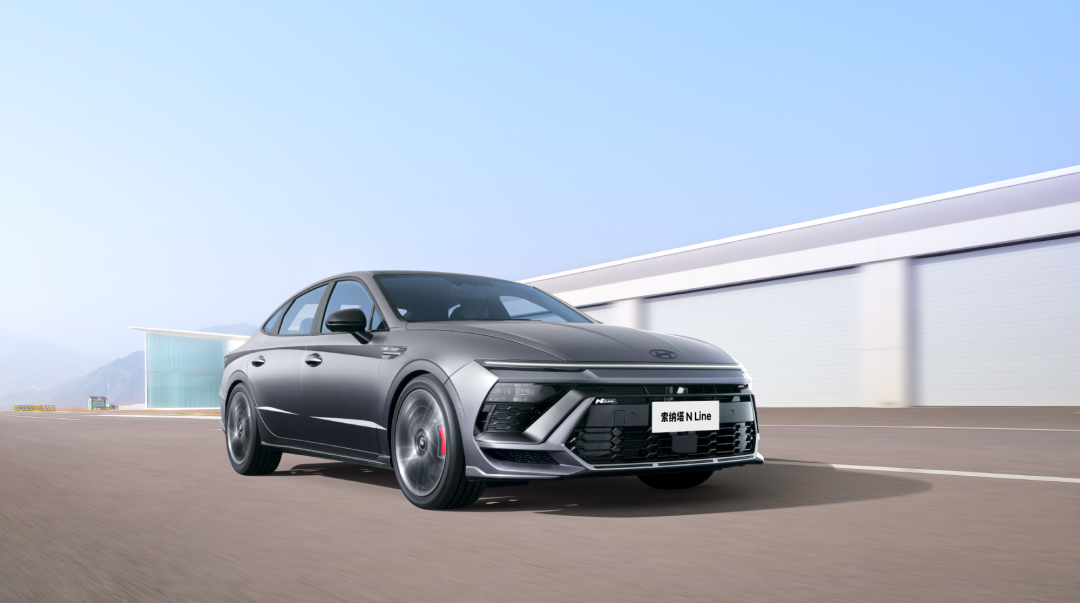
Unlike in the past, this round of price wars has a broader impact and is crucial to the industry's future development.
Firstly, the increasing production and sales of new energy vehicles and declining costs of components have driven down vehicle prices. Coupled with subsidies and promotional policies, continuous price reductions are inevitable. Tesla and BYD, the two leading new energy automakers, have demonstrated the future trend of the industry.
Simultaneously, leveraging their advantages in the traditional fuel vehicle market, joint venture automakers and independent traditional automakers are fully entering the new energy vehicle market. As latecomers, they must quickly capture the market with lower prices, further intensifying the price war in the new energy vehicle sector.
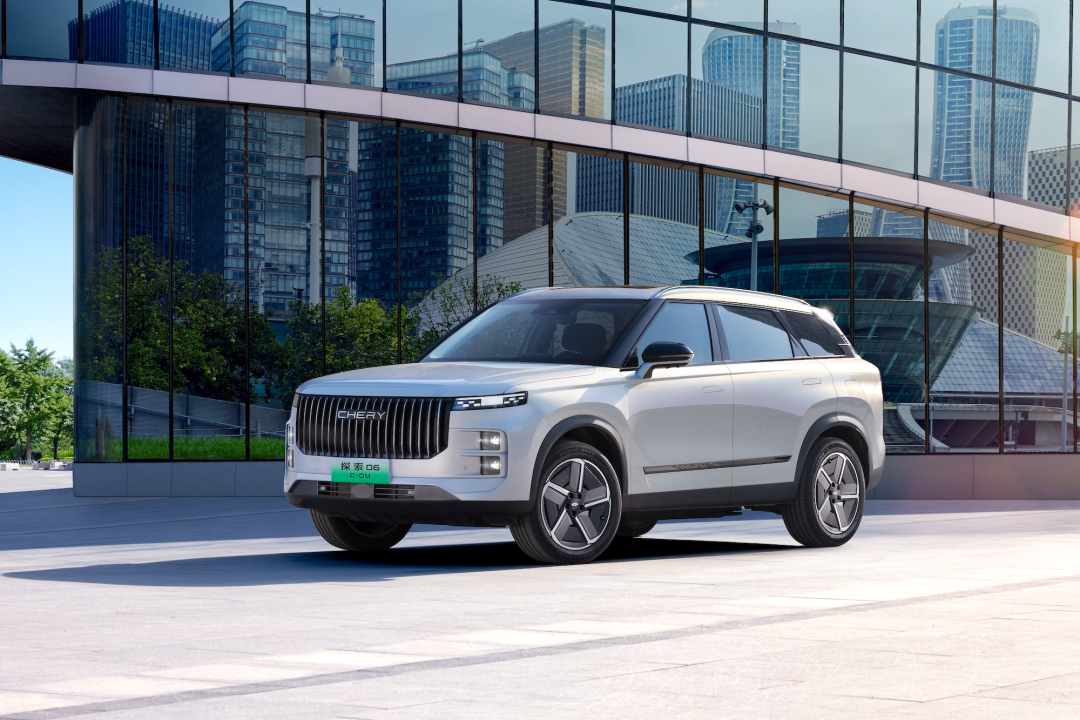
Secondly, among new energy automakers, only a handful, such as Tesla, BYD, and LIXIANG, are currently profitable. Unrelenting price wars will push back profitability targets for the entire new energy vehicle market indefinitely.
As an emerging product requiring significant investment, new energy vehicles resemble a capital game. Few new automakers maintain a clear head and focus on building future-oriented internal capabilities. Instead, they often rely on continuous fundraising narratives to “get by” financially.
There are already many bloody lessons, from failed automakers like Byton and Singulato, to short-lived success stories like WM Motor and HiPhi. Which automaker will be the next to stumble?
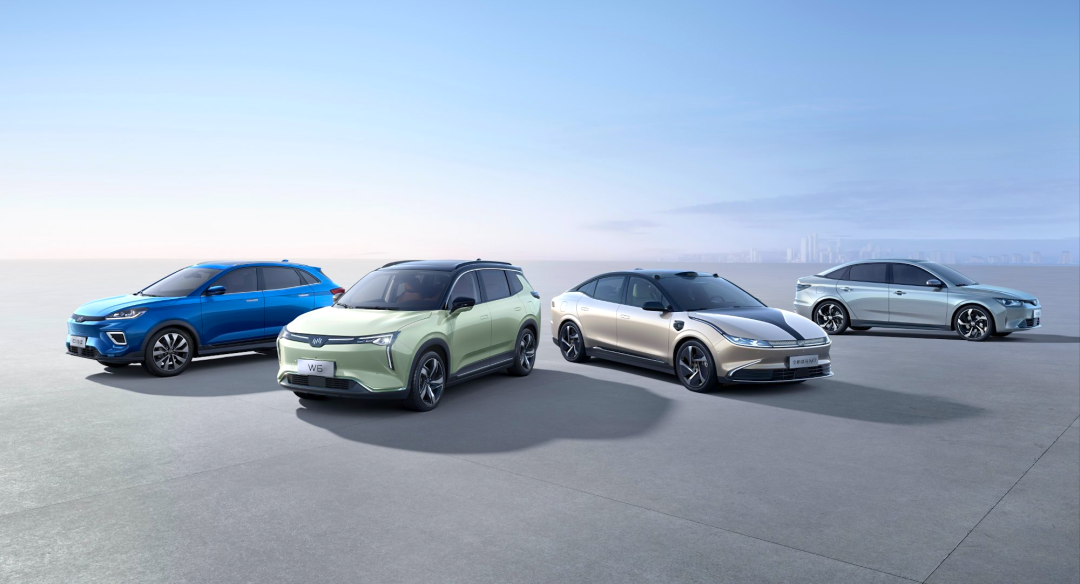
Thirdly, in the intense price wars in the Chinese automotive market, independent automakers and new energy automakers have risen to prominence, while joint venture automakers have shown little interest in competing and have taken a backseat.
For example, Mitsubishi has exited the Chinese market, Mazda has entrusted its future to Changan Automobile, and FAW Toyota and GAC Honda have shut down some production lines, reducing output and sales targets.
Meanwhile, independent automakers have taken over factories and markets abandoned by joint venture automakers. For instance, GAC AION has acquired GAC FIAT Chrysler's Guangzhou plant and GAC Mitsubishi's Changsha plant, transforming fuel vehicle capacity into new energy vehicle production, safeguarding local GDP and livelihoods.
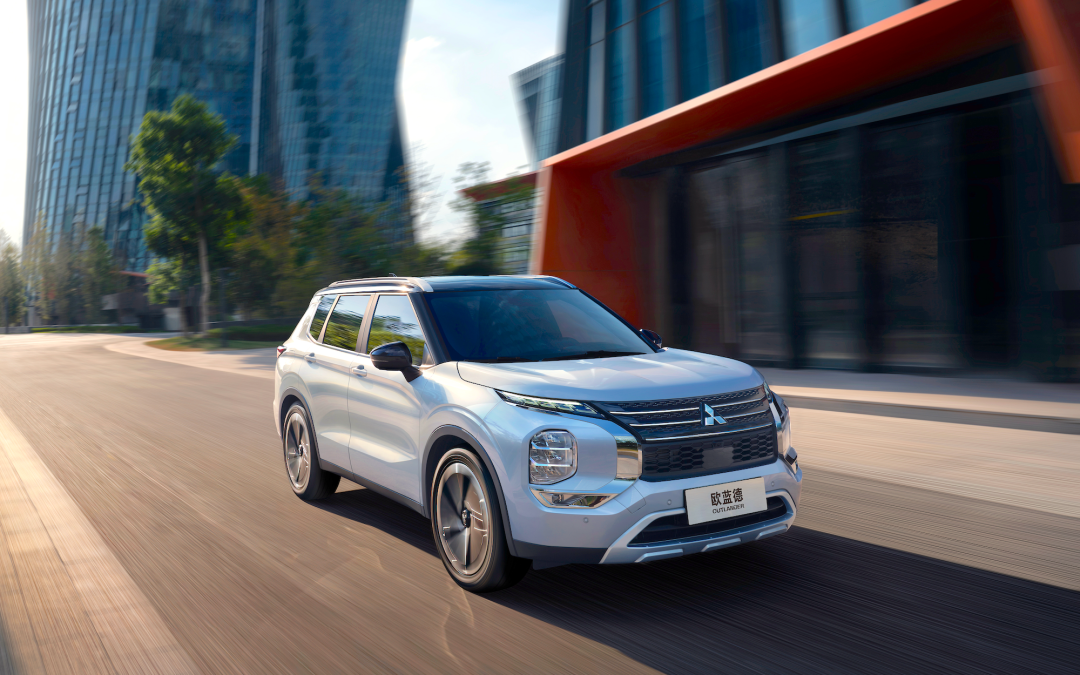
After more than 70 years of development, independent automakers have gained the strength to engage in price wars and dare to initiate them. They have finally regained dominance in the world's largest automotive market.
With global scale and brand influence, joint venture automakers once commanded higher brand premiums than independent automakers. However, they have now become synonymous with high prices and low specifications.
When leading joint venture automakers like Volkswagen and General Motors reflect on their mistakes and leverage local resources and unwavering courage, even the fiercest price wars will seem like small potatoes, depending on how important the Chinese market is to them.
Certainly, multinational automakers like Stellantis, Suzuki, and Mitsubishi, who have chosen to abandon the Chinese market, will not be in the minority. The Chinese automotive market is no longer an era where any model can easily succeed.
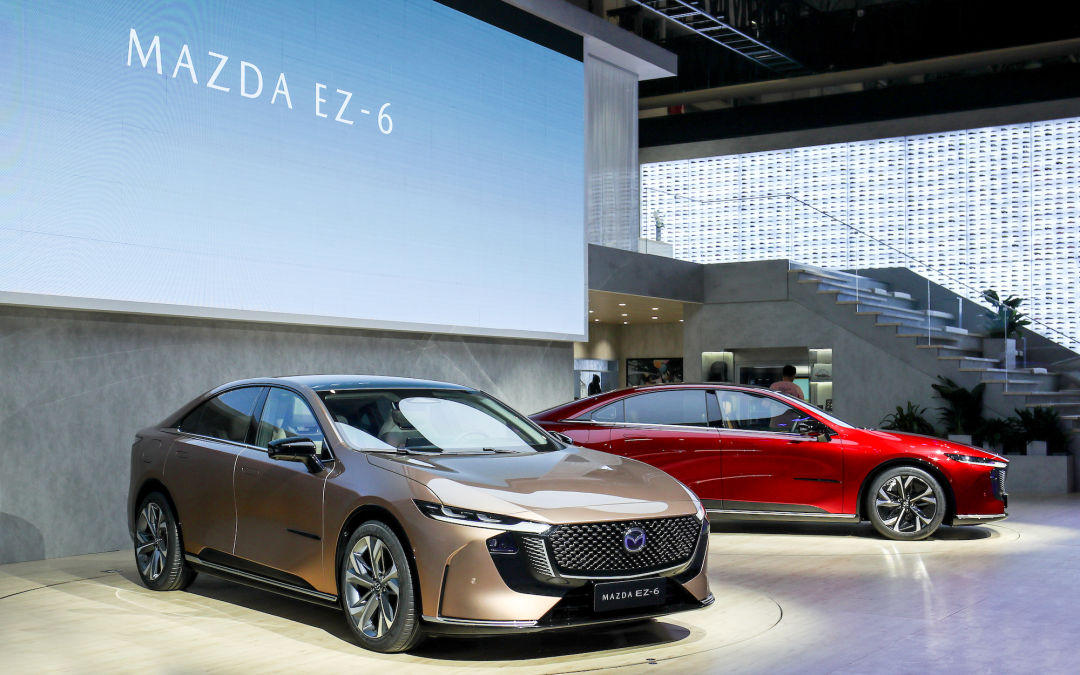
Whether it's independent automakers falling in price wars or multinational automakers exiting the Chinese market, neither deserves pity. It simply indicates their inability to adapt to the market's evolution.
As the world's largest market, the Chinese automotive market, be it for fuel or new energy vehicles, still holds immense development potential. Whether engaging in price wars or seeking new blue ocean markets, mainstream automakers must and can find their way forward.
Opportunities are reserved for those who are prepared. Neglecting the Chinese automotive market and failing to meet Chinese consumers' evolving needs render automakers irrelevant, leaving them to merely limp along.
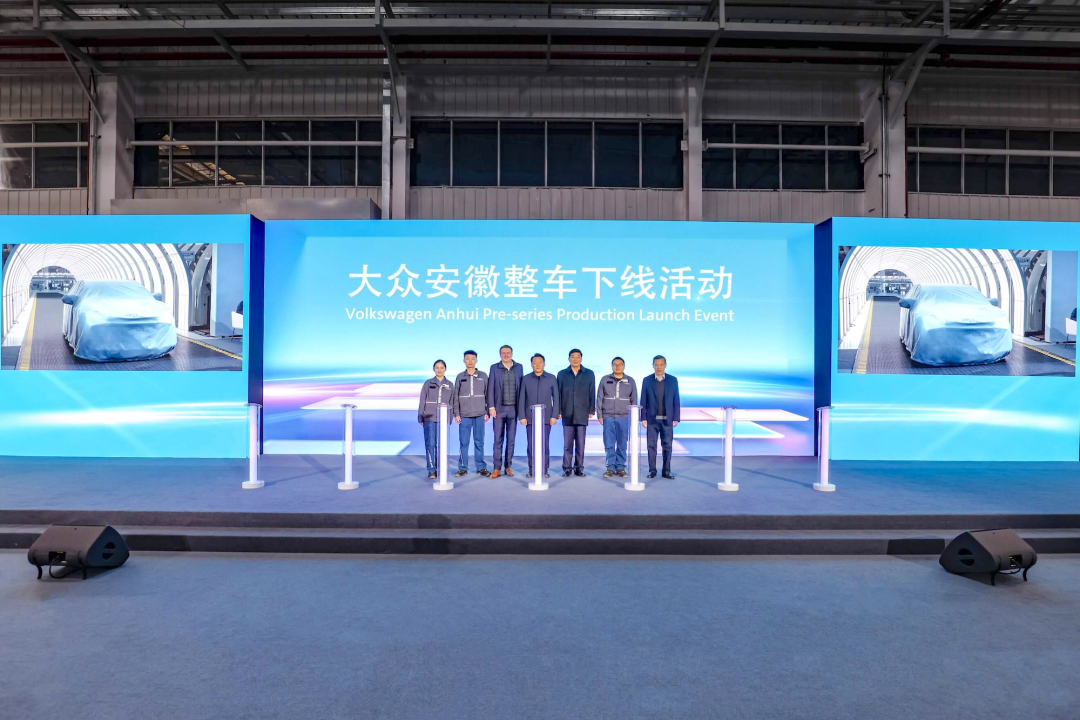
Automakers have the courage to exit the Chinese market, and the Chinese market has the capacity to welcome new automakers. This is the cruelty and hope of the times.
Amidst desperate price wars, multinational automakers like Volkswagen, General Motors, and Toyota remain resilient, while independent automakers like BYD, Chery, and Geely, closely attuned to the Chinese market and consumer needs, demonstrate their strength. This is sufficient.
Price wars are a necessary evil and cruel test, revealing which automakers truly deserve our trust. Let the price wars rage on!
—— End of Article ——







